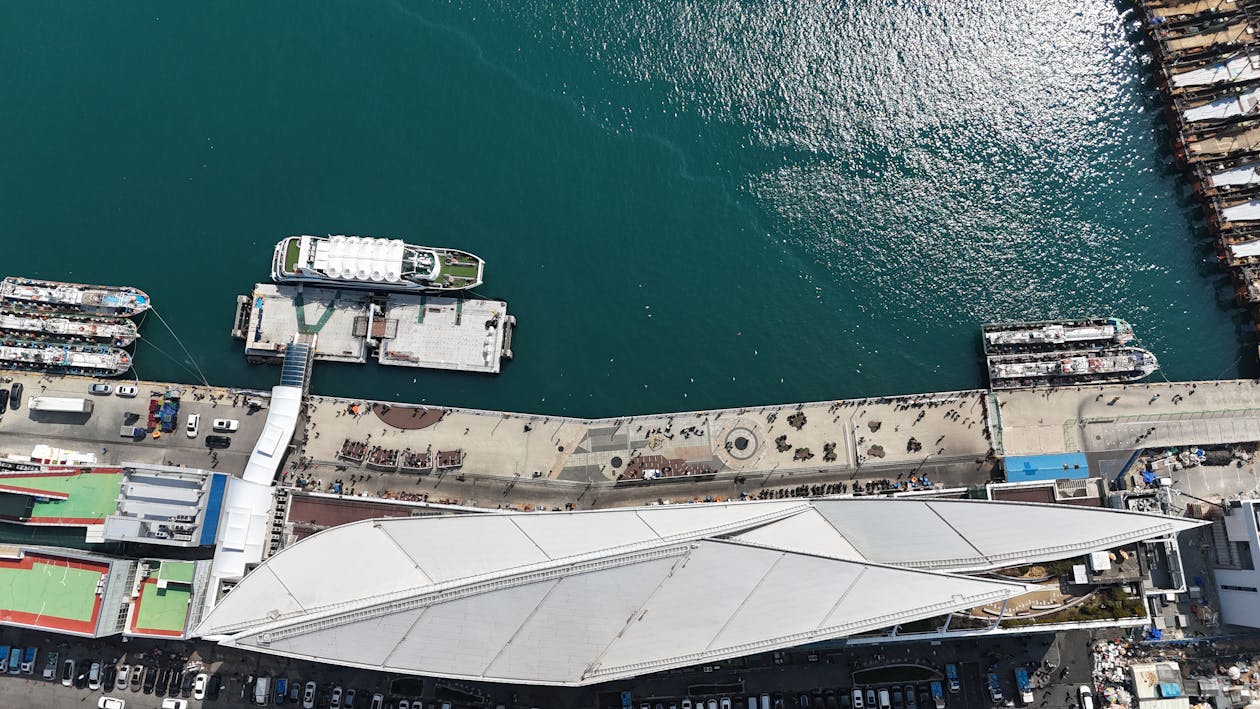South Korea’s new guidelines to boost adoption of green ship tech
South Korea Enhances Eco-Friendly Shipping Standards

The South Korean Ministry of Ocean and Fisheries (MOF) has updated its operational guidelines for the eco-friendly ship and equipment certification system. The new standards, effective February 20, 2025, aim to promote environmentally sustainable practices in the maritime industry. This revision includes new certification criteria for advanced vessel equipment, such as onboard carbon capture and storage (OCCS) and waste heat recovery solutions. The MOF believes these changes will facilitate the conversion of existing vessels into eco-conscious units.
Incentives for Eco-Friendly Shipping
The revised guidelines introduce several incentives to encourage participation in the eco-friendly certification system. One significant change allows government-certified eco-friendly ships and equipment to display an official national certification mark. This mark serves as a recognition of their commitment to sustainability. Additionally, vessels equipped with electric propulsion or those that do not emit air pollutants, such as nitrogen oxides (NOx), will receive the highest scores in certification evaluations.
Port of Rotterdam supports ZEMBA initiative with additional incentive for sustainable shipping fuels
Minister of Oceans and Fisheries, Kang Do-hyung, emphasized the initiative’s importance, stating, “This is an independent initiative that South Korea has proactively implemented to support domestic shipping companies in their decarbonization efforts.” The MOF initially launched this initiative in December 2020, and by 2024, a total of 102 units had been certified under the system. Ships that achieve eco-friendly certification can access various benefits, including a subsidy of up to 30% for the construction costs of privately owned eco-friendly ships rated Grade 3 or higher and a reduction of approximately 2 percentage points in acquisition tax for certified vessels.
In mid-February, the MOF announced plans to invest around KRW 222.3 billion (approximately $152.89 million) to support the construction or conversion of 81 environmentally friendly vessels. This initiative includes building 34 sustainable units, consisting of electric or hybrid ships, to reduce greenhouse gas emissions. The private sector is also expected to receive assistance to produce an additional 20 ships, addressing the growing demand for future-ready fleets.
